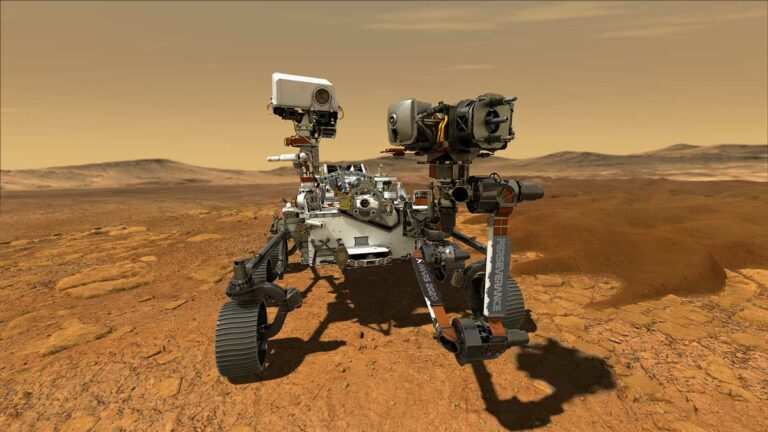
“For all of NASA science, this is truly a historic moment.”
— The sample rock is now enclosed in an airtight titanium sample tube, making it available for retrieval in the future.
— The samples would be the first set of scientifically identified and selected materials returned to our planet from another.
The first sample of a rock from Mars has been collected by the Perseverance rover, marking the first time scientifically identified and selected materials are scheduled to be returned to Earth from another planet, according to NASA.
“For all of NASA science, this is truly a historic moment,” Thomas Zurbuchen, associate administrator for science at NASA Headquarters, said Monday.
The robot rover Perseverance arrived in February at Mars’ Jezero Crater — a former lakebed and river delta — in search of rocks that could contain evidence of past Martian life. Future spacecraft will collect the specimens and deliver them to Earth a decade from now.
The sample rock is now enclosed in an airtight titanium sample tube, making it available for retrieval in the future. The sample-taking process began on Wednesday when a drill at the end of Perseverance’s robotic arm cored into a flat, briefcase-size Mars rock, NASA said in a statement.
“Getting the first sample under our belt is a huge milestone,” Perseverance project scientist Ken Farley of Caltech said. “When we get these samples back on Earth, they are going to tell us a great deal about some of the earliest chapters in the evolution of Mars.”
During Perseverance’s first sampling attempt in early August, the unexpectedly soft rock crumbled. Flight controllers at NASA’s Jet Propulsion Laboratory in Pasadena, California, sought out harder rock for the second try.
“Just as the Apollo moon missions demonstrated the enduring scientific value of returning samples from other worlds for analysis here on our planet, we will be doing the same with the samples Perseverance collects as part of our Mars Sample Return program,” added Zurbuchen.
Subsequent NASA missions, in cooperation with the European Space Agency (ESA), are expected to send spacecraft to Mars to collect these sealed samples from the surface and return them to Earth for in-depth analysis.
“Using the most sophisticated science instruments on Earth, we expect jaw-dropping discoveries across a broad set of science areas, including exploration into the question of whether life once existed on Mars,” Zurbuchen said.
___
(c) 2021 USA Today
Distributed by Tribune Content Agency, LLC.
0 comments :
Post a Comment